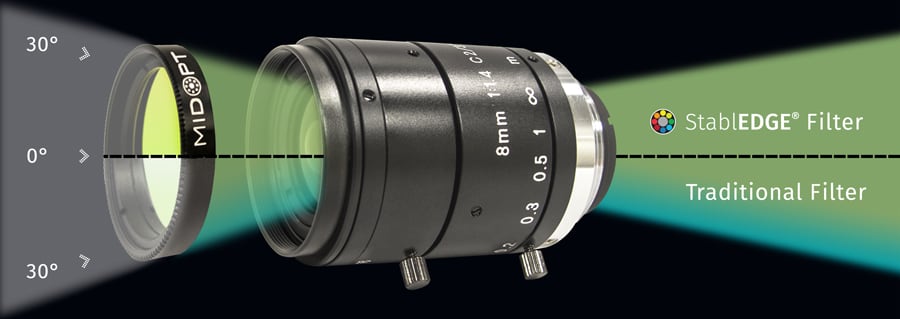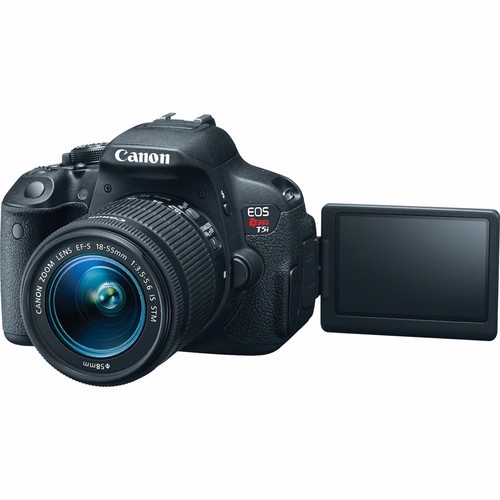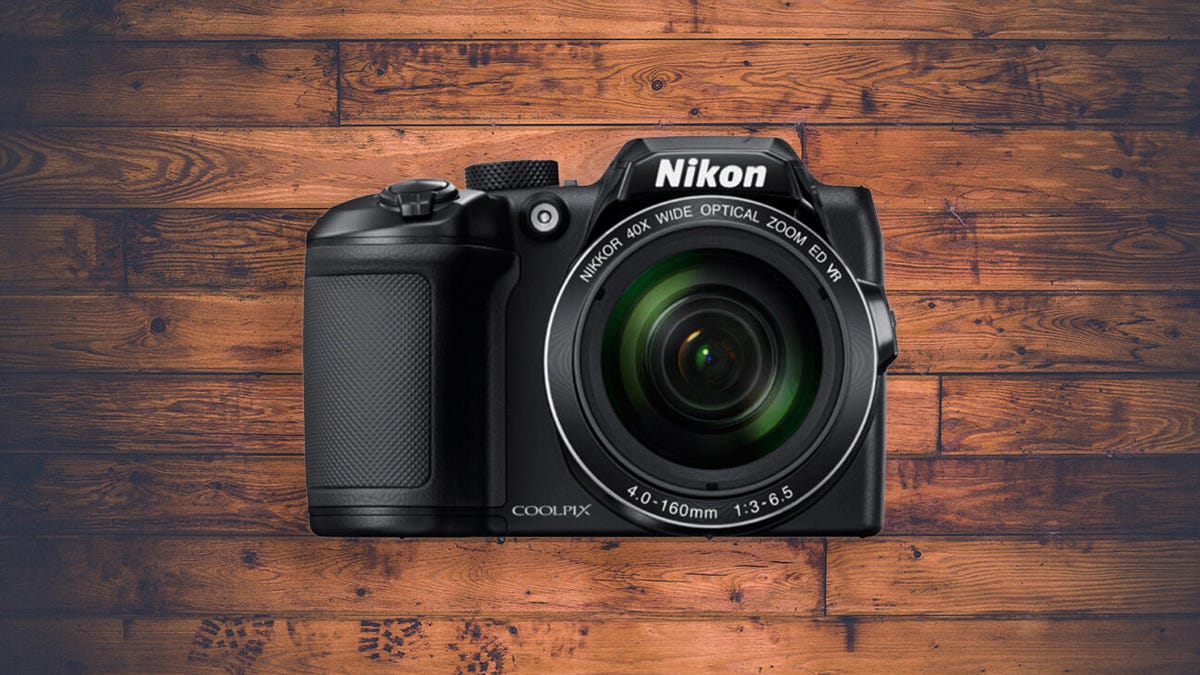
You can use several tips to make your birding photography a success. These tips can be applied to all types of photography, macro or wide-angle. These are just a few of the important things to remember. Continue reading to learn about backgrounds, cameras, lenses, and other important factors. A clean background is the key to a great bird photo. A messy background distracts from the subject and makes it less interesting. These are some of the biggest mistakes when trying to capture bird photos.
Cameras
There are many great cameras to use for birding photography. The Canon EOS Rebel is a popular choice for birders. This camera is capable of taking high-resolution images and video in 8K. The camera's tiltable and touch screen are both great for birds photography. You might also consider the Sony Cybershot RX10 II. This is a great option for birders due to its powerful zoom capabilities as well as the automated features.

Lenses
You may be interested in bird photography and would like to buy a lens that is specifically designed for this purpose. You will need a lens that can capture high-quality bird images, even though it has a shorter focal distance. These images can then either be printed or shared. Bird photography is a difficult hobby. You need a lens that meets your needs.
Techniques
Shutter speed plays an important role in bird photography. Even if the bird is slow moving, the ISO setting on a camera may not be enough for you to capture it. A tripod is a good idea to stop camera shake. AI Servo is another option that will allow you to focus on a single point on your bird. The flash will freeze motion without affecting detail.
Backgrounds
When it comes to birding photography, the background is just as important as the subject itself. It is tempting to just snap a photo of the bird as soon you spot it. This is not a good idea. It is better to spend some time choosing the right background for your photograph, rather than snapping a shot as soon as you spot it. Consider the color of the bird's habitat as a backdrop. You can adjust the brightness and light by changing shutter speeds or fill flash.

Camouflage clothing
You must choose the appropriate camouflage outfit to capture the bird's behavior. Animals won't be drawn to sudden movements. To avoid this, cover yourself with camouflage and alter your profile. Birds can identify color, and they can use it for identification purposes and mating purposes. Camouflage clothing allows you to get within range of the birds.
FAQ
Do I Need A Tripod?
This is one of those common questions. A tripod isn’t always needed, but it can be very useful.
It helps you keep your camera steady while taking pictures at slow shutter speeds. A tripod can be very useful if you want to photograph landscapes and stationary subjects.
However, using a tripod to photograph moving subjects like people or sports can result in blurriness. So, how do you know which situations require a tripod?
A tripod is useful when you need to photograph stationary or fast moving subjects. Examples include:
-
Sports
-
People
-
Landscapes
-
Close-ups
-
Macro shots
Do this test to see if you are unsure if you require a tripod. Take your camera and hold it still. Then, look through the scope. You will need a tripod if you see blurred lines and movement.
If you don't see any blurring, you probably won't notice any improvement by adding a tripod.
These are just a few tips to help you decide whether or not to purchase a tripod.
-
Make sure your tripod has smooth legs. This helps to prevent vibrations from shaking the camera.
-
You should choose a sturdy tripod. Some tripods made of plastic may not last very long. Look for a metal tripod instead.
-
Consider purchasing a remote release. This remote control lets you remotely control your camera. It can automatically fire the shutter when you press the button.
-
You should look for a tripod with 360 degree rotation. This makes it easier for you to position your camera horizontally, or vertically.
-
Remember that tripods can be expensive. Expect to spend between $100 and $200. You'll still get a lot for your money.
-
Don't forget about accessories like filters and memory cards.
-
Check your local stores before buying online. Many retailers offer free shipping.
-
Read reviews to determine what customers think about a particular product.
-
Ask family members and friends who own similar products.
-
Forums and message boards are a great place to find out about customer experiences.
-
Look online for user reviews.
-
Amazon.com makes it easy to compare prices and see customer feedback.
-
Browse photo galleries to get an idea of what photographers do with their tripods.
Should I start photography as a hobby?
Photography is a wonderful way for you to capture your memories and share them. Photography allows you to see the world from a different perspective.
You can find many online resources to help you learn how to take better photographs.
Consider enrolling at local art schools or community colleges. This will allow you to network with other photographers who can give valuable feedback on your work.
Is digital photography hard?
Digital photography can be difficult. It takes time and effort to learn how to use the tools properly. You must know the right settings for different types shots. Learning by doing is the best way to learn. Practice makes perfect.
What Camera Should I Get
It all depends on your goals and what type of photographer you are. A basic point and shoot camera is enough if you are just starting.
However, once you've mastered the basics, you'll likely want something more advanced. It really is up to you what you prefer.
These are some important things to think about before you purchase a new camera.
-
Features: What features are you looking for? What features do you need? How many megapixels do you have on your camera? Is there one?
-
Price: How much money are you willing to spend? Are you planning on upgrading your camera every two years?
-
Brand: Are you happy with the brand that you choose? You shouldn't settle for less.
-
Functionality: Can you use your camera in low light situations? Are you capable of taking high-resolution photographs?
-
Image Quality: How sharp and clear are your images?
-
Battery Life: How long does your camera last between charges.
-
Accessories: You will be able attach additional lenses, flashes and other accessories. ?
Is photography a worthwhile career?
Photography is an artistic form that allows one to capture and share moments in time. If you're willing to work hard, it can also be a great way of making money. There are many routes to becoming a professional photographer. As a hobby, you can take photos of friends and relatives. This will improve your skills and increase confidence. Once you have completed this stage you can move on and take on paid assignments. The best photographers can make a living as a photographer. They might accompany clients to parties or weddings, where they have to capture images that show people having fun. However, most professionals prefer to shoot commercial projects such as product shots or advertisements.
Finding the type of photography that you love is key to being a successful photographer. Then practice, experiment, and try new techniques until you get comfortable with the process. It is impossible to replace the experience of being in this position. Don't expect instant success.
As a beginner, you should aim to develop your technical skills first before focusing on creativity. Photography encompasses both technical and artistic aspects. It is important to learn the basics of composition and how to use the correct tools.
You should also consider whether you want to pursue a career in photography full-time or part-time. Some people combine their love for photography with other jobs. A freelance assignment might allow you to work in a local paper or magazine, while still pursuing your passion for photography. Some people choose to devote all of their time to photography. It doesn't matter what way you go, success in any creative field requires dedication and commitment.
You will need to put in a lot of effort and time if you are serious about a career as a photographer. It is important to think carefully about what you really want to do with your life.
Which Lenses Should I Use?
The most popular question that beginners ask is "What lens do I need?" It's a tough decision since there are so many options available.
The good news is that you don't necessarily need to buy a new lens every time you purchase a new camera. You can always add lenses later.
Here are three types of lenses to start with.
-
Wide Angle Lens (14mm-24mm): These lenses have a wide view angle that will allow you to capture more of your subject. Zooming in can be done without affecting image quality.
-
Standard/Normal Zoom Lens (28mm-70mm): These lenses let you change the focal length while still maintaining excellent image quality.
-
Telephoto Zoom Lens (70mm to 200mm): These lenses make it easy to capture distant subjects. These lenses allow you to focus on your subject, even though they may appear small in the frame.
These lenses can also be combined to produce different effects. You can use a normal lens for close-up detail and switch to a zoom lens to capture distant objects.
Statistics
- This article received 13 testimonials, and 100% of readers who voted found it helpful, earning it our reader-approved status. (wikihow.com)
- The second easiest way to get blurry photos 100% of the time is to use a cheap filter on the front of your lens. (photographylife.com)
- Get 40% off Adobe Creative Cloud(opens in new tab) (creativebloq.com)
- There are people out there who will pick at flaws they can only see in 100% crops of your photos. (wikihow.com)
External Links
How To
What are the necessary skills to become a photographer
Basic skills for any job in photography include artistic ability, technical knowledge, and business acumen.
Technical knowledge includes understanding exposure settings, camera functions, lens types, film speeds, and developing techniques.
It is important to have artistic talent. This includes understanding composition, lighting, posing, and how to use Photoshop.
Business acumen includes budgeting, scheduling and time management. It also involves dealing with clients.
Professional photographers should be interested from a young age in photography.
Photography classes can be taken at schools, colleges, or online.
Many books are available to help you learn all aspects of photography.
You should not only learn photography but also develop your own style.
This will help you stand out from others who work in this field.
Over the years, photography has evolved. In the past people used cameras like the Kodak Instamatic or Polaroid instant camera.
Digital cameras are becoming more popular than ever. Photographers these days use smartphones to take pictures.
It is possible to buy a smartphone that takes high-quality images, but if you really want to get into photography, you need to invest in a DSLR (Digital Single Lens Reflex) camera.
You can control all aspects of your shot with a DSLR, such as shutter speed, aperture and ISO sensitivity.
These features allow you to create different effects and produce stunning photographs.
These controls can also alter the mood of your image.
A fast shutter speed can make your subject appear blurry, for instance.
You could also make them appear to be moving by increasing the light entering the camera.
A color temperature adjustment can be used to modify the mood in your image.
You might increase the red value of the picture if there's a lot blue light.
It can be confusing to know where to point your camera.
However, once you understand the basics, you will soon realize that it is not so hard after all.
It's actually easier than you think!
At first, you might only take landscape shots or close-up photos of objects.
Don't worry, as you get more experience, you'll be able capture everything from abstracts to portraits.
Once you have learned the basics, it is possible to move on with more advanced subjects.
These are some tips to get you started.
-
Find a peaceful place. Places that allow you to relax and have fun are best.
-
You should find something that is interesting to photograph. Try to find unusual or unique objects.
-
Practice lots of photos. Practice makes perfect!
-
Experiment with different angles. You can hold your camera at different angles depending on what you want to accomplish.
-
Use different lenses. Different lenses offer different perspectives.
-
Low-light photography is a good option. It can be difficult for you to photograph in bright sunlight.
-
Practice framing your shot. When capturing images, framing is a crucial skill.
-
Learn how you can use your camera settings. Spend time playing with your camera settings. This is the best way to improve your photos.
-
Keep learning new techniques. There are many ways to learn about photography.Visit local exhibitions, galleries, museums, and libraries.
-
Read books and magazines. Everything you need to know about photography can be found in books and magazines.
-
Join a club. Many clubs encourage members to share their work at events.